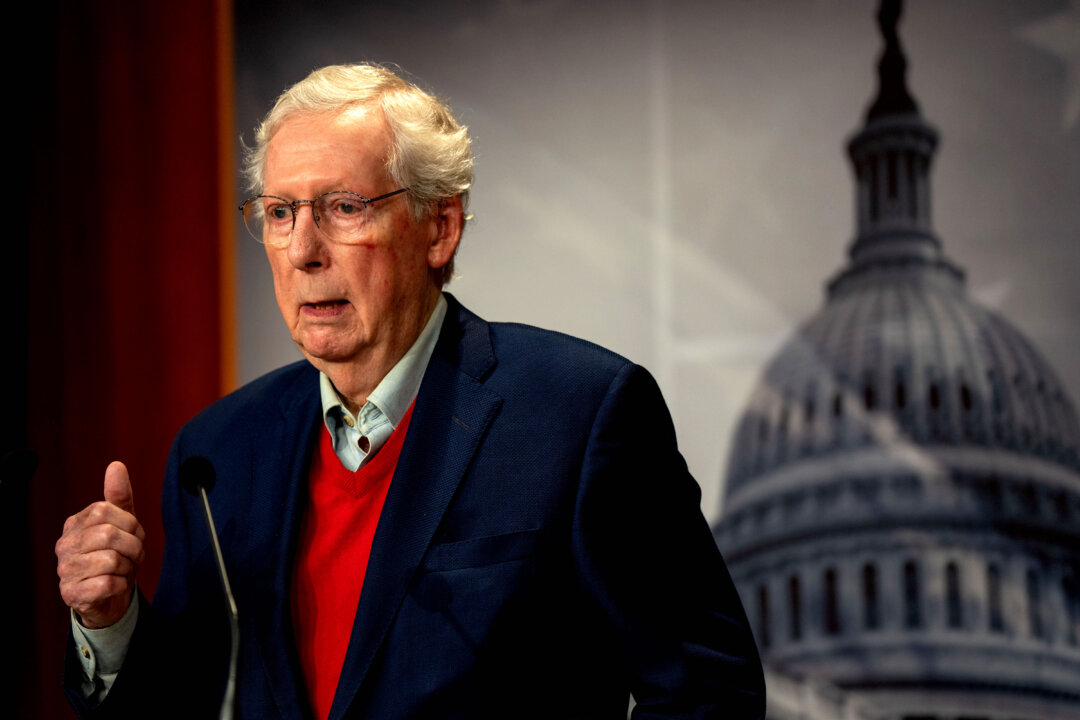
A public hearing on the tentative spending plan is set for Monday at 6 p.m. at City Hall.
The biggest costs in the budget are employee benefits and the public works, police and fire departments. The property tax rate will caper to $14.35 per $1,000 of assessed value.
The city expects total revenue to be $19,224,471, prompting an allocation of $427,544 in fund balance to the budget. “No city wants to tap into the fund balance because, obviously, it's there for important emergencies. But sometimes, you just have to go in there a little bit just to cover some costs,” said Mayor Amy Praught.
“That'll be replenished, though, over the coming years, especially as these projects get done, we start bonding out again [and] we start getting a little bit more state aid for some of these other things.” The largest share of the city’s revenue comes from property taxes, accounting for 6,828,935 for 2025. The remaining $12.
5 million in revenue is largely sales tax at $5,573,286 for the upcoming year. The city also makes $2.6 million off water sales between commercial and residential customers.
State aid per capital totals $1,850,000. Rising costs contribute to the need for a rise in taxes and use of fund balance, namely for equipment. One way the city is offsetting this cost is by looking into leasing vehicles.
The city recently leased an ambulance for $42,000 a year. Helping with that cost is a grant from the Johnstown Hospital Foundation. “It's really just materials for like DPW projects, everything is just so expensive nowadays,” said Councilmember-at-Large Scott Jeffers.
“I'm not getting out there and saying it's any person's fault or any political party's fault because it really isn't. It's just the way materials are at this point.” When preparing last year’s budget, the city opted to postpone major salary and benefit talks by signing off on three union contract extensions, which provided 3.
5% in pay increases until negotiations are set to pick up again in 2026. At the time, Praught said the city would forego negotiations to instead focus on amending Annual Update Documents, or AUDs, due to issues in the previous administration. An AUD is a finance report prepared each year for the state Comptroller’s Office.
Johnstown lost its ability to bond after the state office issued a 2021 report showing that then-Treasurer Michael Gifford had failed to file AUDs, as required under state law, for years. Gifford left the role before his term ended and Mayor Vernon Jackson didn’t seek re-election. Praught and current Treasurer Thomas Herr were elected that year.
Now, the city appears ready to secure bonds and move forward with projects that were previously put on the back burner, including upgrades to the city’s water valves and dams. Praught said that the city expects to go out to bid within the next month or so. Albany engineering firm Greenman-Pedersen Inc.
helped with prepare the bid package. “We will be doing a lot of infrastructure work with the bonding, especially with the water, and so we have some big projects coming up that are not part of the budget, but we've been wanting to do for years,” said Praught, noting that the upgrades to the valves and dams will cost $6 million. The city hopes to begin the projects in the spring and fall of 2025.
-.














